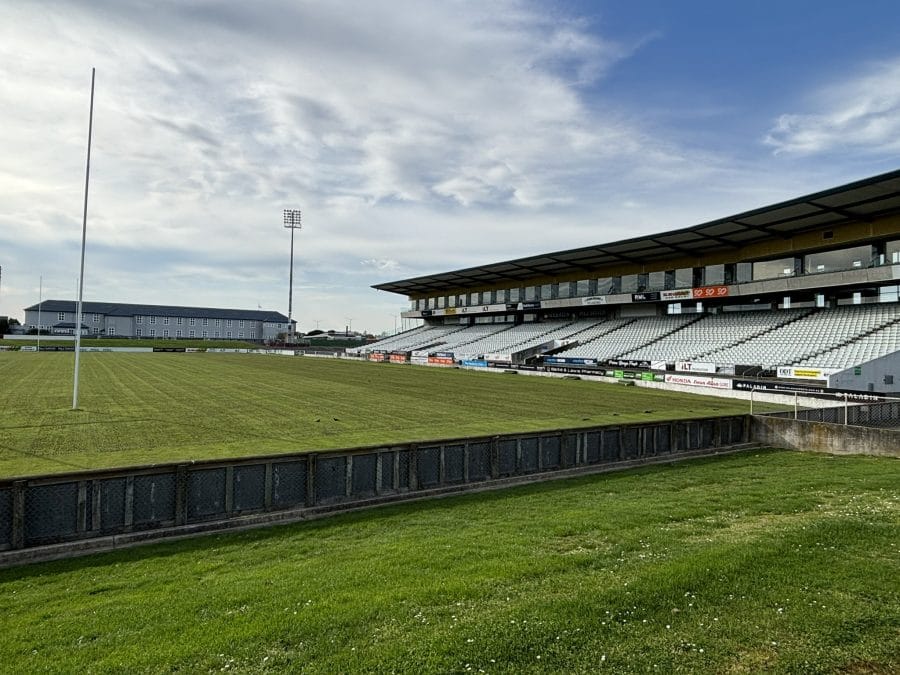- Council stops maintenance at main Rugby Park, blindsiding Rugby Southland.
- Mayor Clark discussed with Mike back in October “we need to look at the options of what to do with Rugby Park Stadium”.
- Decision saves $3 million but leaves venue under-equipped for safety.
- Park’s future uncertain, as local sports needs shift toward boutique venues.
Rugby Southland’s chief, Steve Mitchell, expressed shock over the sudden decision by the local council to cease maintenance and safety improvements at Rugby Park, the city’s primary sports ground. This move, announced on Wednesday, will save approximately $3 million but has raised significant concerns about the facility’s future safety and functionality. Related: Big Discussions On The Future of Southland’s Rugby Park
The council report highlighted the park’s rapid deterioration, citing issues such as asbestos, boundary building challenges, and an uneven landscape. Despite previous commitments to ongoing repairs, including a recent $1.2 million investment in essential maintenance, the council has now decided to halt further upgrades planned for 2025.
This decision saves an additional $2.8 million but leaves the park in a precarious state, still vulnerable to earthquake damage.
Rugby Park, which opened in 1908 and has a rich history of hosting significant matches, including three Rugby World Cup games in 2011, is currently only able to accommodate 1,700 patrons, far below its maximum capacity of 18,000. The venue was vacated by the rugby union six years ago due to toxic mould and has not been fully operational since.
The sudden shift in council priorities reflects a broader trend noted by Mayor Nobby Clark, who argued that the community’s needs are moving away from multi-use facilities like Rugby Park toward smaller, sport-specific venues. This sentiment was echoed by Councillor Ria Bond, who likened further investment in the park to “tipping money into a leaking bath.”
Mitchell plans to convene with the Rugby Southland board to formulate a response to this unexpected setback. The halt in maintenance work has not only surprised the sports community but also contradicts the recent growth in rugby participation in the region.


